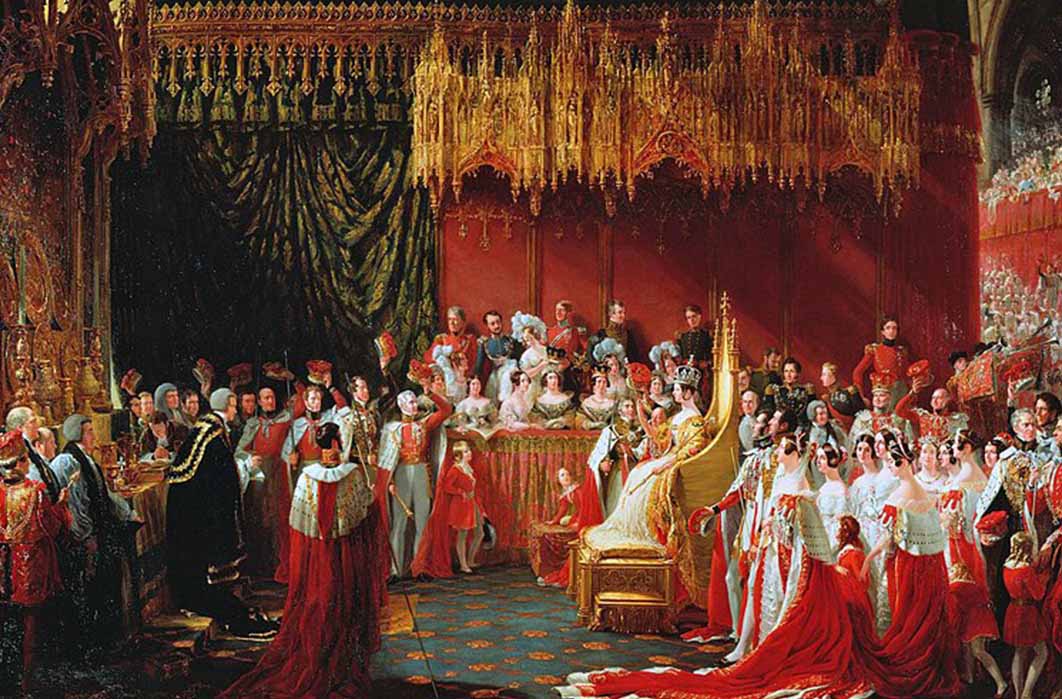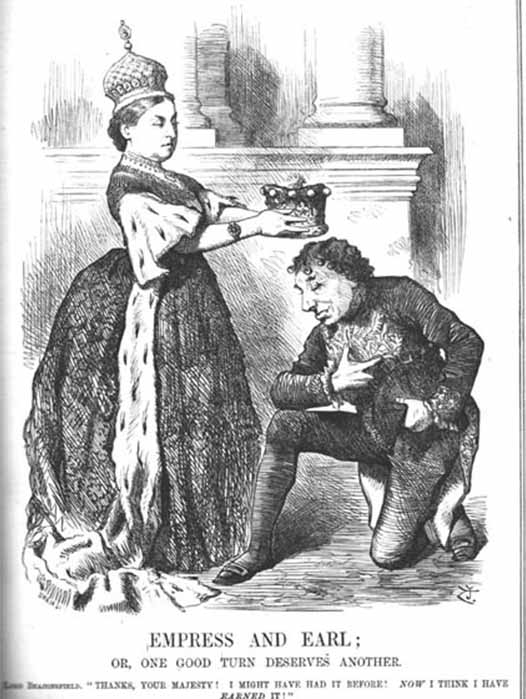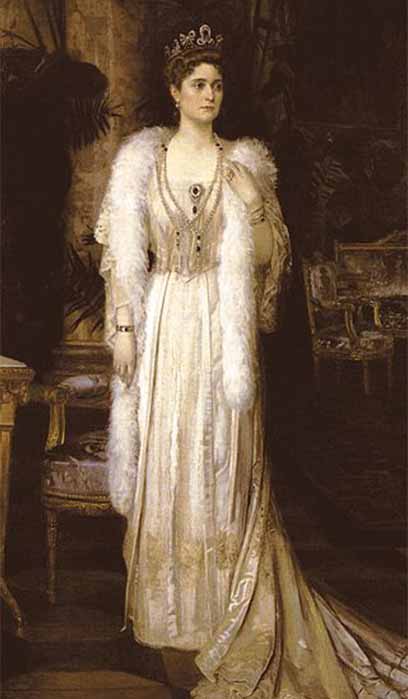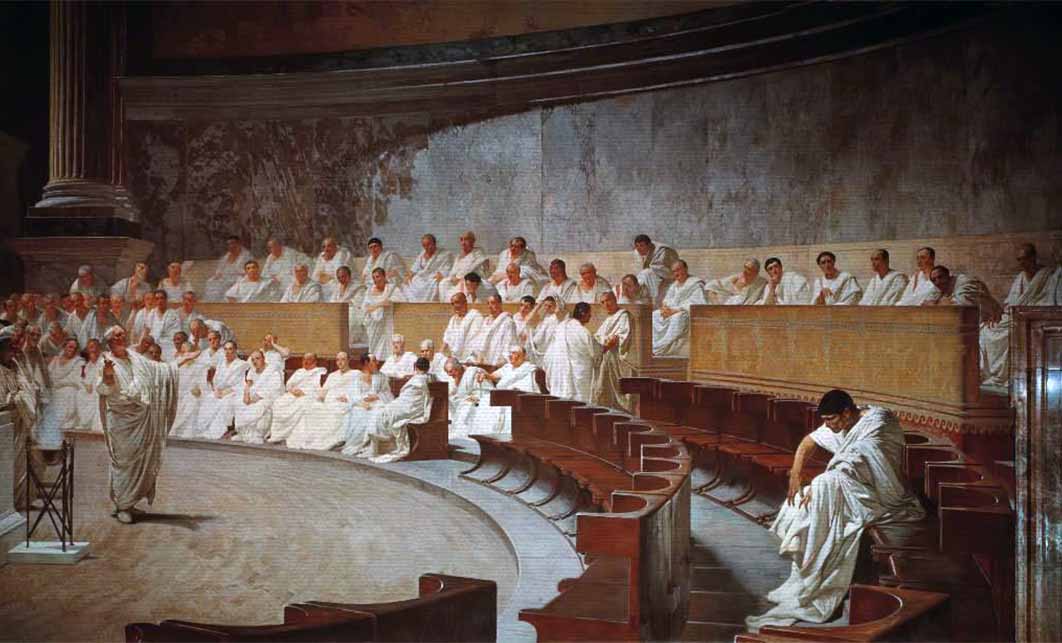
Coveted Imperial Titulature, Emperors and Empresses: Don’t Blame Queen Victoria
The title of “emperor” is commonly seen as superior to that of “king”. But that has not always been the case. Ironically, what is now translated as “emperor” started out not as a title at all but as an attempt to avoid a monarchical title altogether. A popular Punch-cartoon shows British Prime Minister Benjamin Disraeli on bended knee accepting an earl’s coronet from Queen Victoria, who is depicted sporting an imaginary oriental-looking crown. Published in August 1876, it is titled “Empress and Earl, or One Good Turn Deserves Another.” It is a reference to Disraeli’s acquisition for Queen Victoria of the title ‘Empress of India’, in return for which he was invested with the noble title of Earl.

“Empress and Earl” from The Project Gutenberg EBook of Mr. Punch's History of Modern England Vol. III of IV, by Charles L. Graves
Queen Victoria had long hankered after the title of “Empress”, especially after her own daughter and daughter-in-law’s sister had or were in line to succeed to that title, which was seen to outrank that of a mere Queen. Queen Victoria’s daughter, also called Victoria, was married to the future German Kaiser Friedrich III, the title “Kaiser” being the German equivalent of “Emperor”. And “Minnie”, a sister of Alexandra, wife of Queen Victoria’s son and heir, the future Edward VII, was married to the future Russian Tsar (or Czar) Alexander III – Tsar or Czar being the Russian equivalent of Emperor.

Portrait of Empress Alexandra Feodorovna by Nikolai Kornilievich Bodarevsky (1907) (Public Domain)
Julius Caesar And The Roman Republic
Both the German and the Russian equivalents of “Emperor” derive from the Roman name Caesar, going all the way back to that great Roman, Gaius Julius Caesar, described by Shakespeare as bestriding “the narrow world like a Colossus.” So, was Julius Caesar the first Roman emperor, as is still quite commonly believed by people unschooled in Roman history? No, he was not.
Why, then, did he lend his name to this ultra-monarchical designation? Thereby hangs a tale. Roman history began with a succession of seven kings, some more legendary or mythical than others, spanning the period from 753 to 509 BC. The monarchy was overthrown and replaced by a Republic, which lasted about 450 years, until the assassination of our friend Julius Caesar on that fateful date the Ides of March 44 BC.

Representation of a sitting of the Roman senate: Cicero attacks Catiline by Cesare Maccari from a 19th-century fresco in Palazzo Madama, Rome, house of the Italian Senate (Public Domain)





